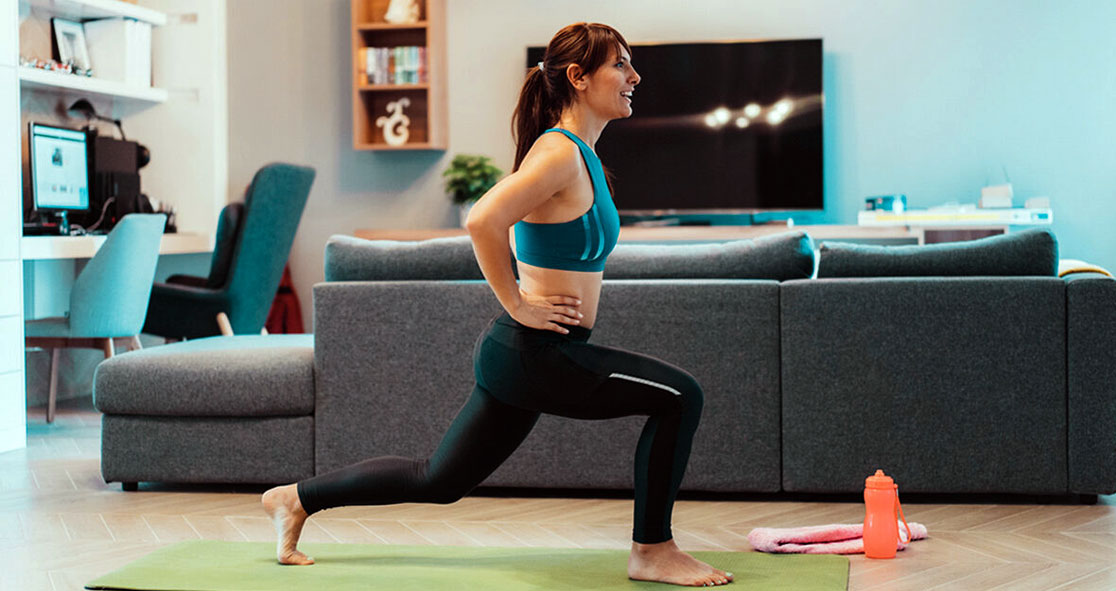A new study by researchers of the University of Colorado Boulder has found that working out for just five minutes daily lowers blood pressure, according to Science Daily.
The study, published Tuesday in the Journal of the American Heart Association, said a 5-minute exercise via a practice called “strength training for your breathing muscles” lowers blood pressure and improves some measures of cardiovascular health.
The findings suggest that the ultra-time-efficient maneuver called High-Resistance Inspiratory Muscle Strength Training (IMST) could have a key role in helping aging adults stay away from cardiovascular disease.
In the United States, nearly 65% of adults aged 50 and above have more than normal blood pressure, increasing their risk of heart attack or stroke. And less than 40% meet aerobic exercise guidelines.
Lead author Daniel Craighead said, “There are a lot of lifestyle strategies that we know can help people maintain cardiovascular health as they age. But the reality is, they take a lot of time and effort and can be expensive and hard for some people to access. IMST can be done in five minutes in your own home while you watch TV.”
For the study, the CU Boulder researchers recruited 36 otherwise healthy individuals aged between 50 and 79 with above-normal systolic blood pressure. Half of the participants did High-Resistance IMST for six weeks, while the other half did a placebo protocol with much lower resistance.
After six weeks, the IMST group had a dip in systolic blood pressure, a reduction that is generally achieved by walking 30 minutes a day for five days a week. Such reduction is also equal to the effects of some high blood pressure drugs.
Craighead noted, “We found that not only is it more time-efficient than traditional exercise programs, the benefits may be longer-lasting.”
The IMST group also saw a 45% improvement in cardiovascular function – the ability for arteries to dilate so blood can flow freely.
Senior author Doug Seals said, “We have identified a novel form of therapy that lowers blood pressure without giving people pharmacological compounds and with much higher adherence than aerobic exercise. That’s noteworthy.”
The 5-minute exercise may be particularly helpful for postmenopausal women.
“If aerobic exercise won’t improve this key measure of cardiovascular health for postmenopausal women, they need another lifestyle intervention that will,” said Craighead. “This could be it.”
He explained, “If you’re running a marathon, your respiratory muscles get tired and begin to steal blood from your skeletal muscles. The idea is that if you build up endurance of those respiratory muscles, that won’t happen and your legs won’t get as fatigued.”





















